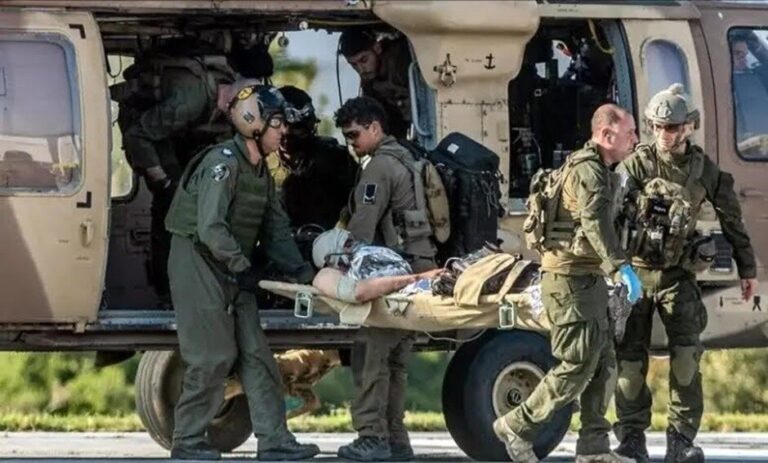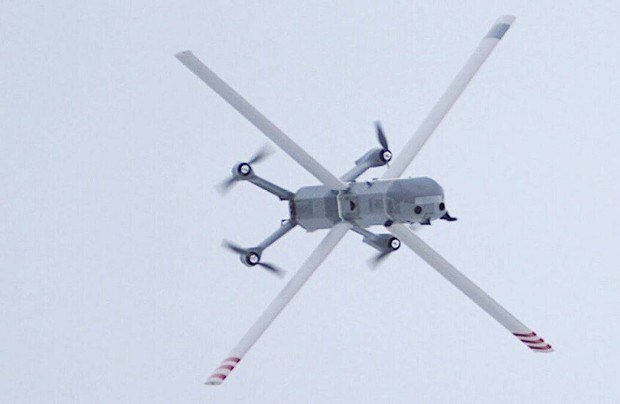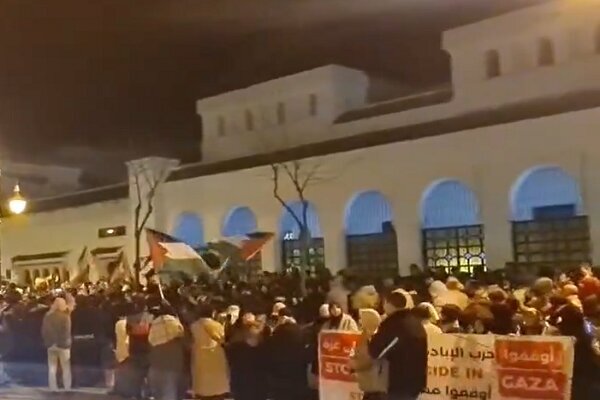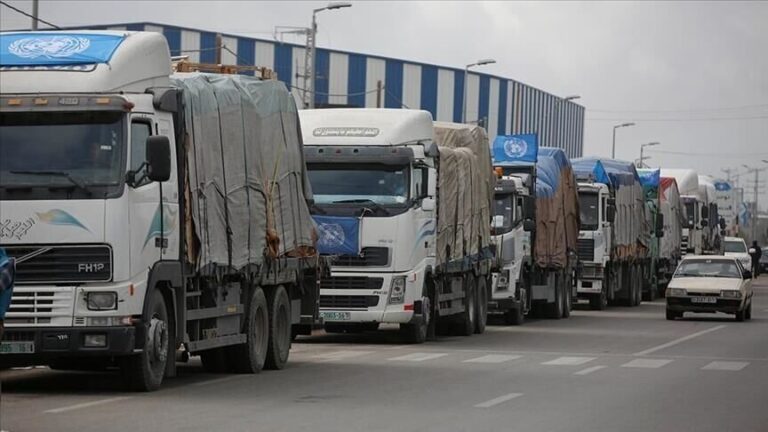Yemen Strikes Ben Gurion Airport: Millions Forced into Hiding Amid Escalating Tensions
Yemeni forces are actively targeting the Israeli regime with hypersonic missiles as retaliation for its ongoing military actions in Gaza. Recently, the Yemeni Armed Forces executed a significant strike on Ben Gurion Airport in Tel Aviv, resulting in widespread panic among Israelis and a halt to airport operations, as reported by their spokesperson.
Brigadier General Yahya Saree detailed that this operation was a “qualitative military operation” aimed specifically at Ben Gurion Airport, successfully disrupting the air traffic. He confirmed that the mission met its objectives, causing millions of Israeli settlers to seek shelter and halting all air travel.
In his statement, General Saree cautioned against the silence surrounding the daily atrocities in Gaza, emphasizing that neglecting these issues would ultimately render the nation more vulnerable to its adversaries. He stated, “Remaining silent about the daily massacres in Gaza will bring shame and disgrace upon this nation, leaving it more vulnerable to its enemies than ever, unless it acts to fulfill its religious, moral, and humanitarian obligations toward the oppressed Palestinian people.”
Furthermore, General Saree indicated that the Yemeni Armed Forces would continue and escalate their military operations until the Israeli offensive in Gaza ceases and the blockade is lifted. Following the missile launch from Yemen, air raid sirens blared in Tel Aviv and extended across many regions of Israel.
The Israeli military acknowledged the situation, confirming that “air defenses are dealing with a ballistic missile launched from Yemen.” Reports from Israeli media indicated that flights to and from Ben Gurion Airport were suspended due to the missile attack, highlighting the significant disruption to air traffic.
The Yemeni Armed Forces have issued stern warnings about an aerial blockade on the Israeli regime, marked by repeated strikes on Ben Gurion Airport. General Saree stated, “In light of the developments in Gaza and the enemy’s escalating crimes against our steadfast and oppressed people, the Yemeni Armed Forces are working to double their capabilities to expand support operations and intensify military action.”
This escalation includes:
- Maintaining the ban on air traffic at Ben Gurion Airport (Lod Airport)
- Implementing a maritime blockade at Haifa Port
- Restricting Israeli navigation in the Red and Arabian Seas
A previous missile strike near the airport in early May also led to the suspension of air traffic and the cancellation of numerous international flights. In the aftermath of these developments, international airlines began to cancel flights to and from Ben Gurion Airport, resulting in a marked decrease in passenger traffic. Israeli Channel 12 reported this as a consequence of the Yemeni Armed Forces declaring a comprehensive no-fly zone over Israeli airspace.
On May 6, the United States reached a ceasefire agreement with the Yemeni government; however, Yemeni retaliation has persisted, undermining the effectiveness of the ceasefire. Former President Trump announced that the ceasefire was “effective immediately,” following the U.S. acknowledgment that its warships in the Red Sea had been subjected to ongoing attacks.
Analysts suggest that the U.S. military campaign in Yemen, often perceived as a strategy to safeguard the Israeli regime, has become increasingly costly to maintain. In a short span of six weeks, Yemeni forces successfully shot down seven American MQ-9 Reaper drones within their airspace, resulting in losses nearing $200 million.
Compounding these issues, the U.S. Navy aircraft carrier USS Harry S. Truman has returned to port after losing three fighter jets in the Red Sea. This series of events underscores the escalating military tensions and the complexities surrounding the ongoing conflict in the region.
In conclusion, the ongoing conflict between Yemeni forces and the Israeli regime highlights the severe implications of military actions in Gaza. As the situation develops, it remains crucial for international observers to monitor the evolving dynamics and their potential impact on regional stability and humanitarian conditions.






